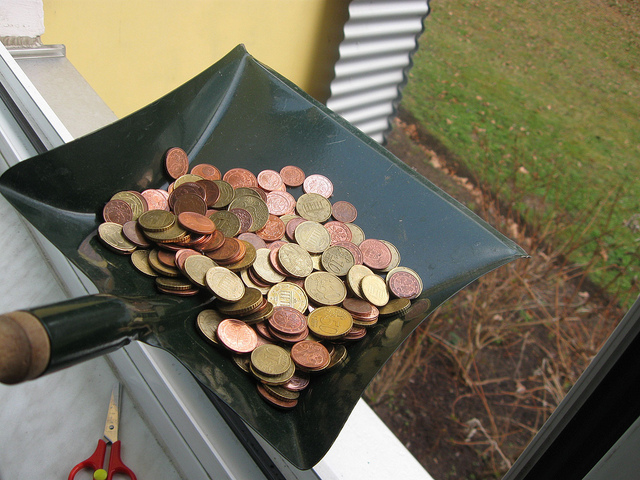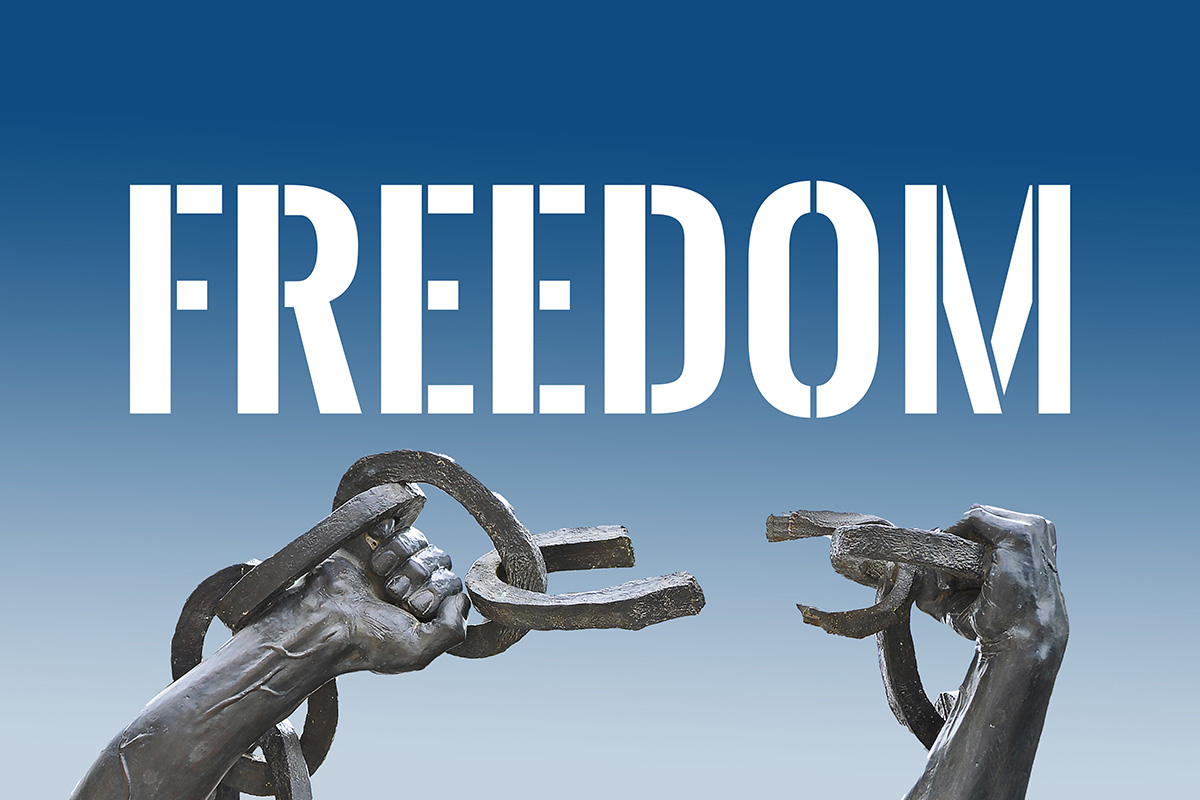"Wage cuts and solutions to the cost of living"
March 21 Kenya is struggling with rising cost of living, writes Brian Dan Migowe, 23, a Correspondent from Kenya, who argues that solving the problem is more complex than cutting top salaries.
Kenya is struggling with rising cost of living, writes Brian Dan Migowe, 23, a Correspondent from Kenya, who argues that solving the problem is more complex than cutting top salaries.
Is cutting the wage bill a clean passage towards Kenya’s economic growth?
Yes, when done correctly, timely and with a voice of inclusion for all. No, when done without inclusion of other factors that promote economic growth.
One needs not to be an economist to have an outlook analysis of the state with current living standards, so high up that only a few of the civil servants can cope with ever increasing costs. With no doubt taking a salary cut will be farfetched from attaining the intended objective; to reduce Kenya’s sky rocketing wage bill. The cost of living goes hand in hand with the wage bill. Reduce the cost of living and you will attain equilibrium in the wage bill. Taking a salary cut on the contrary does not reduce the wage bill, what it does is increase the poverty index in the current cost of living standards.
I don’t remember now how we got onto this subject but two weeks ago the president and his deputy made a public announcement of a 20 per cent cut in their salaries, together with the entire cabinet. It raises the question of how far down from the top this debate will go, with the hardworking junior civil servants who’s entire life savings is nothing short of a quarter of the president’s savings on two presidential office terms.
A walk along the beautiful streets of Nairobi city will paint you a picture I see every day as I walk to college. A nation of men and women working hard each day to make ends meet, a city thriving with business at each street corner, office suites fully occupied and a slow traffic flow of goods in and out of the city. With Nairobi County alone having an estimated revenue of 10 billion shillings annually, where does the national revenue collected by the national government go? To what utilization? To whose benefit? And why reduce the salary of struggling civil servants when the prices of bread, rent and transport fare remain the same? My people say: a flower tree which is near a cactus will always weep. By nature or design, our continent is attached to the cactus, it is forever weeping, bleeding.
What this leaves us is so many unanswered questions as to how and at what point did Kenya get itself to this situation? Well I certainly have an answer to how Kenya got itself to the point of an unsustainable wage bill. Levying Value Added Tax on basic commodities is what makes the cost of living so high. In essence as every citizen buys food, so does he or she pay the Value Added Tax. The costlier the food is, the more money is needed; the more the money is needed, the more the need for a sustainable salary. This endless cycle in turn affects the purchasing power of the consumers.
A huge salary for members of parliament is what consumes the government’s revenue in meeting its recurrent expenditure. With certainty this corroborates my view: reducing the salary of the president and his deputy president has no economic significance. If the country spends 93 per cent of all its resources on expenses, then indeed there’s nothing significant for development. However, it should be noted that even if they took a 50 per cent salary cut but still did nothing to address the issues of unnecessary taxes levied by both the National government and the county government, cut corruption, cutting the red tape and making it easier to do business and create wealth by attracting investors, nothing will change.
The hard decisions to be made moving forward are therefore more than pay cuts!
photo credit: quapan via photopin cc
………………………………………………………………………………………………………
About me: I am a law student with a passion for writing and youth advocacy. I observe people, nature, the environment and daily life and am enthusiastic about sharing them on pen and paper.
I am an open-minded individual who acknowledges the diversity of the world’s population. Sometimes I am awed by how life plays out, but in writing I make the story as I want it. My hobbies are swimming and indoor games.
…………………………………………………………………………………………………………………
Opinions expressed in this article are those of the author and do not necessarily represent the views of the Commonwealth Youth Programme. Articles are published in a spirit of dialogue, respect and understanding. If you disagree, why not submit a response?
To learn more about becoming a Commonwealth Correspondent please visit: http://www.yourcommonwealth.org/submit-articles/commonwealthcorrespondents/
…………………………………………………………………………………………………………………




